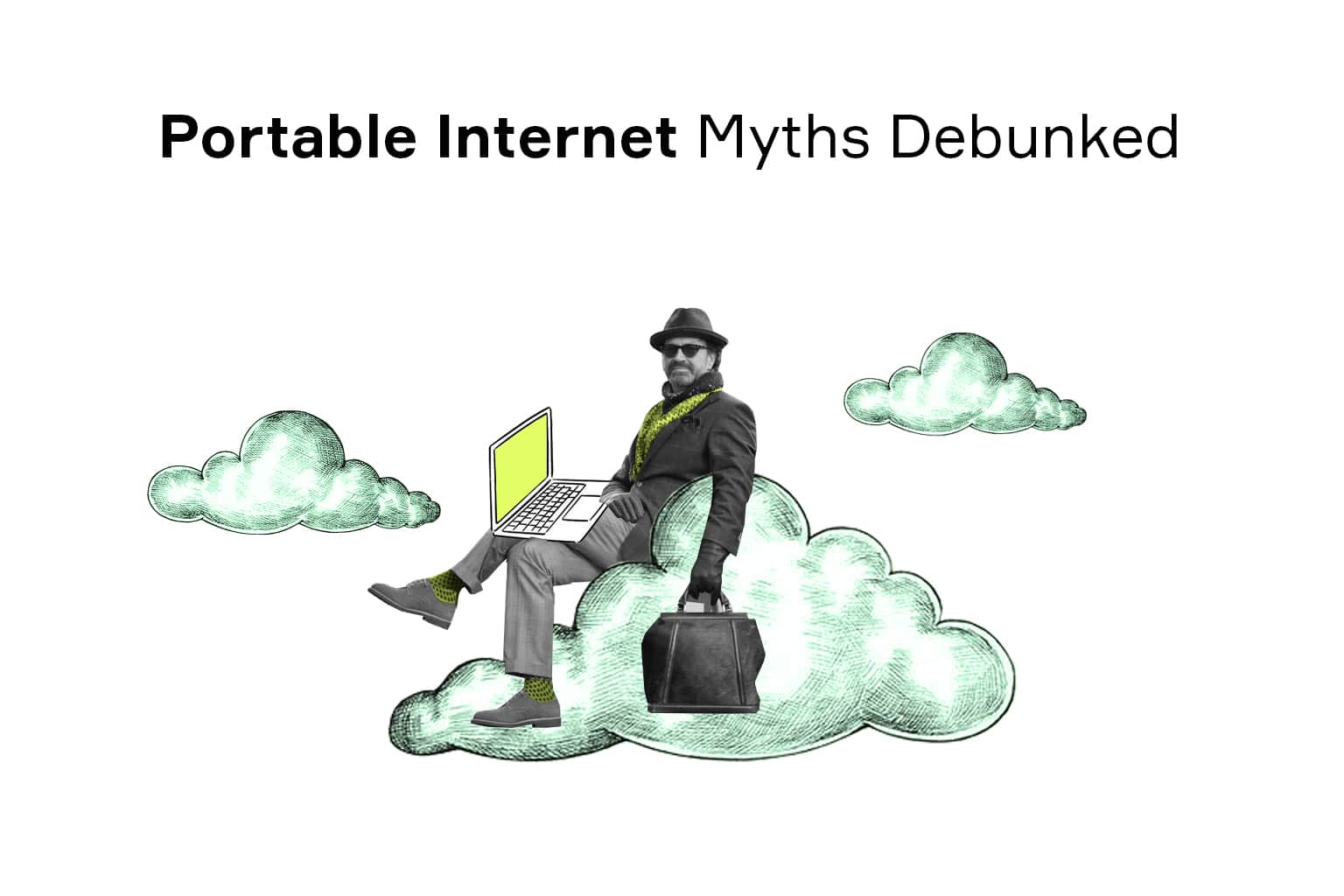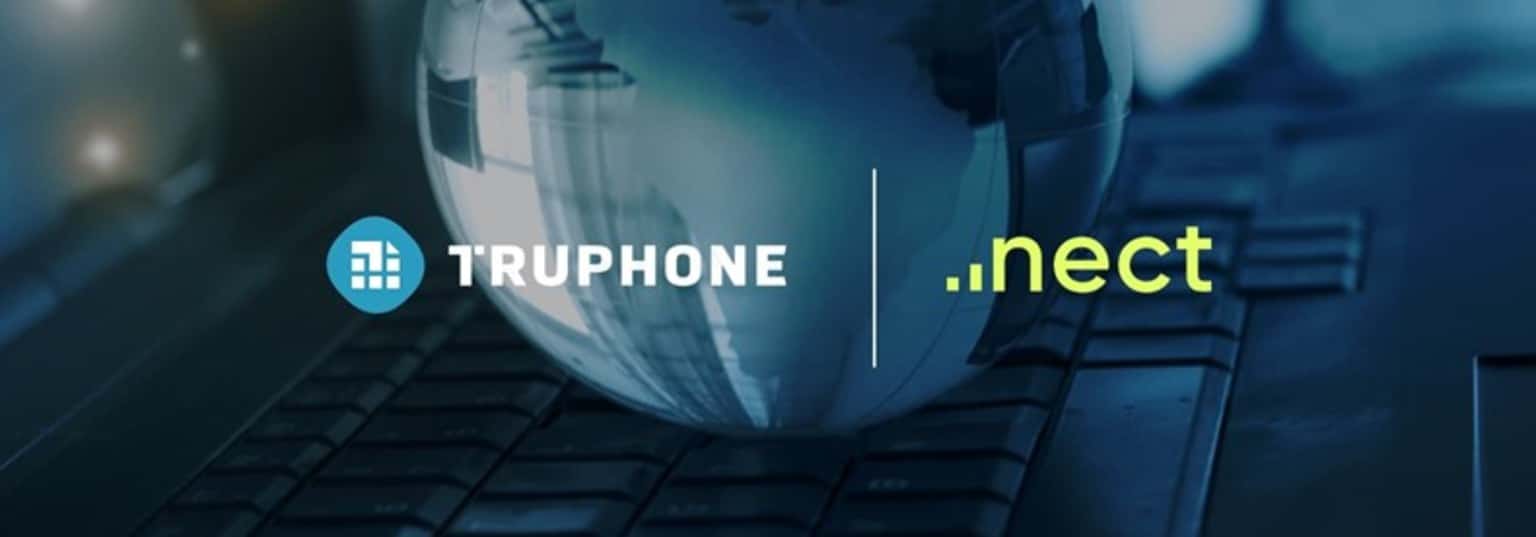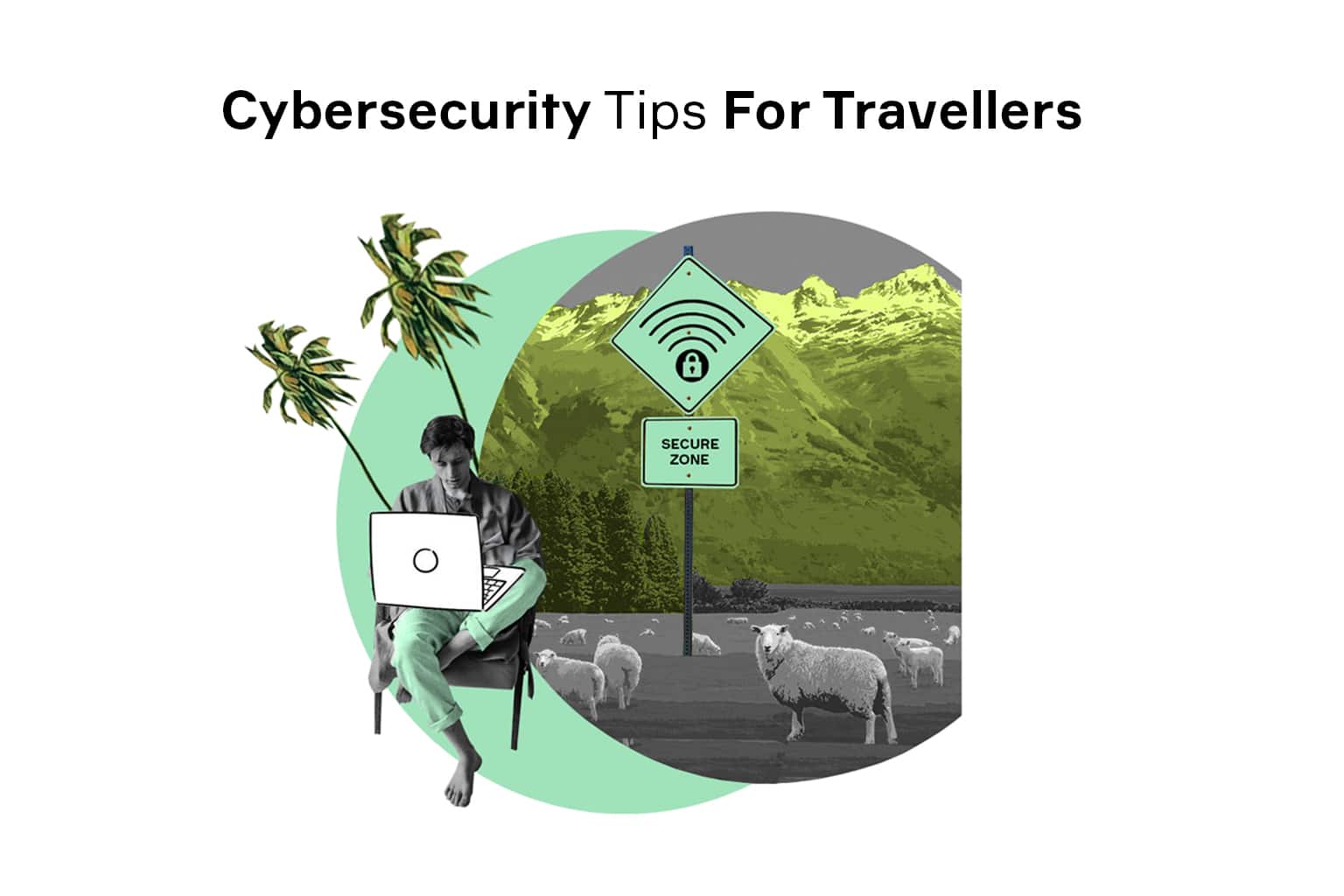
The Internet has become so ubiquitous that it is nearly impossible to imagine our life without it. However, while to some it is largely a matter of convenience, there are entire regions and countries where an Internet connection is a matter of well-being that depends on a whim of authoritarian regimes. This situation has sparked a global conversation on whether all people should be entitled to getting online. With nect MODEM aiming to become a universal and affordable way to access the web, the right to Internet access is a worthy topic to look into.
The Debate: Is Internet a Right or a Privilege?
The main issue about the right to Internet access is the fact that it is a technology and, to most of us, a service. This has led some people to believe that it cannot be a human right. Most prominently, Vinton Cerf, known for being one of the Internet pioneers, stated that while technology can serve as the enabler of rights, it cannot be considered a right itself.

Taking this view to the extreme, some people suggest the Internet is merely a luxury for the privileged. And, to be fair, this probably rings true for many people. After all, until recently, you probably used your 4G USB modem mostly for video streaming or similar first-world activities. And even now, with the pandemic setting the new rules of work, you won’t be hurt too much by staying offline for a couple of days.
Unfortunately, in many places around the world, the situation is quite different. In developing countries, Internet access is crucial for safeguarding human rights in other domains, including:
- Health
- Education
- Equality
- Employment
- Safety
In other words, while it may not qualify as a right, restricting it does deprive people of access to other rights. In fact, we’ve already got a taste of this when the lockdown of the education system forced the schools to go online. In this light, having your education depend on whether you have a portable modem sounds like a scenario from a grim cyberpunk novel.
The Confusion: How Has the United Nations Affected the Internet?
With the Internet being that important, you would expect that eventually some organization would step in and save the day. And, as a matter of fact, this has already happened more than a decade ago – sort of. In 2011, a report was submitted to the United Nations Human Rights Council that focused on the protection of freedom of expression. Some of the key points of the report were:
- The Internet enables access to information
- States that restrict access to the Internet violate civil rights
- States must ensure Internet availability at all times
- Policies should be developed that promote this availability

The Human Rights Council also released a resolution condemning governments that restrict Internet access. Media outlets were quick to proclaim it a victory, with articles in the vein of “UN Declares Internet a Human Right” popping up in reputable publications. Unfortunately, these claims were far from the truth: with no means to enforce the resolution, it is still up to countries’ authorities to decide whether to follow it. Sure, there are many inspiring examples of states launching programs to promote Internet access. However, there are still plenty of cases where oppressive regimes routinely shut it down to curb dissent.
Wrapping Up
As you can see, the “is internet access a human right” debate is a tangled mess of semantics, bureaucratic definitions, and politics. On top of that, the answer will depend on who you ask. If all you need to go online is plug in a spare 4G LTE USB modem, you probably won’t see it as a jarring social issue. For those whose sole access to education and healthcare is in the hands of an authoritarian regime, it probably looks different.
In the end, regardless of how you frame it, the Internet has become indispensable. A great quality-of-life improvement for some, in most developed countries it is still the sole platform for communication, education, and expression. In this light, no matter which definition you subscribe to, the right to Internet access should be upheld, and the UN’s growing interest in the subject is a move in the right direction.
All illustrations are created by Lucy Ivanova, a Chief Creative Officer at nect.



